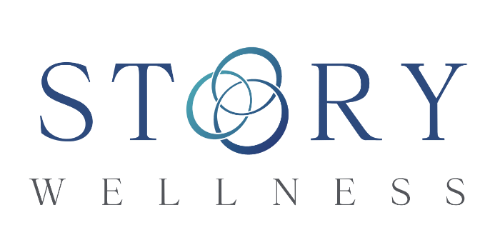Living with anxiety and depression can be challenging, especially when you’re trying to find a job that suits your mental health needs. Even if you’re not fully healed, the desire to be productive and contribute remains strong. Sometimes, the idea of a stressful job can feel overwhelming, but there are plenty of options that can accommodate people dealing with these conditions.
In this blog post, we’ll explore various work environments that could be particularly beneficial for individuals with anxiety and depression. Instead of focusing on specific jobs, we’ll highlight settings and job types that can provide a supportive atmosphere. Whether you’re dealing with social anxiety disorder, panic disorder, or generalized anxiety disorder (GAD), there’s something out there for you.
1) Work from Home Jobs
For many people with anxiety disorders, the thought of going into a busy office can be intimidating. Fortunately, work-from-home jobs offer the comfort of a quiet environment and allow you to work at your own pace. Remote work is ideal for people who struggle with social anxiety and prefer to avoid crowded spaces. This setting lets you manage your physical symptoms more effectively, as you’re in control of your workspace.
There are numerous remote jobs for people with anxiety and depression that can suit a variety of skills and interests. If you’re creatively inclined, consider working as a graphic designer. This role allows you to develop your creativity into projects without the need for constant interaction with others. Alternatively, jobs that require attention to detail, like data entry, can help keep your mind busy while also providing a steady income.
Working from home also means you can create a personalized routine that accommodates your mental health needs. Having the flexibility to take breaks and manage your workload can make a significant difference in your daily life.

2) Work that Involves Animals
If you find comfort in the company of animals, pursuing a job that involves spending time with them might be the perfect fit. Animals have a calming effect and can help reduce stress levels, making them ideal companions for those with anxiety and depression. Jobs like pet sitting or dog walking allow you to enjoy the therapeutic benefits of interacting with animals while also earning an income.
Working at a zoo or an aquarium is another great option. These environments often offer positions that don’t require extensive interaction with large groups of people, which can be beneficial if you have social anxiety. Plus, being around animals can provide a sense of purpose and fulfillment, contributing positively to your mental health.
Even part-time positions at pet shops or as a pet groomer can offer you the chance to connect with animals daily. These roles not only keep you active but also give you the opportunity to experience the unconditional love and companionship that animals provide.
3) Work that Requires Physical Activity
Engaging in physical activity is known to have positive effects on mental health, making jobs that involve movement an excellent choice for individuals with anxiety and depression. Exercise can help minimize symptoms and improve mood, making it an essential component of managing mental health conditions.
Becoming a fitness trainer, for example, can be incredibly rewarding. Not only does it keep you active, but it also allows you to help others achieve their health goals. If fitness training isn’t your thing, consider roles like yoga instructor or dance teacher, where you can guide others in activities that promote both physical and mental well-being.
Even jobs that aren’t directly related to health and fitness, such as working as a gardener or in landscaping, can provide the physical activity needed to manage anxiety and depression. These roles often involve working in teams, which can help build social connections in a more relaxed setting, away from high-stress environments.
4) Work that Allows You to Be in Nature
Spending time in nature has proven benefits for mental health, offering a sense of calm and relaxation. Jobs that allow you to be outdoors can be perfect for those looking to escape the confines of traditional office spaces. Whether you’re working at a beach resort or a camping site, being surrounded by nature can help reduce stress and anxiety.
Consider roles such as a park assistant or a staff at a nature reserve. These positions often involve sharing your love for the outdoors with others, providing a sense of purpose and connection. Seasonal jobs at botanical gardens or hiking trails can offer the chance to immerse yourself in the healing environment of nature. The natural setting can provide a peaceful backdrop to your workday, helping you find balance and peace.

5)Work that Requires Focusing on Details
For some people, focusing on detailed tasks can be a helpful way to manage anxiety. Jobs that require attention to detail can be highly satisfying and provide a sense of accomplishment. Whether you’re working as a house cleaner, a cook, or even at a car wash, these roles keep your mind engaged and free from intrusive thoughts.
You don’t necessarily need a college degree for many of these positions, making them accessible to a wide range of people. The key is to find a job that keeps your mind busy and allows you to take pride in your work.
Best San Juan Capistrano Outpatient Mental Health Facility
Finding a job that fits your needs is crucial for maintaining mental health. Many people with anxiety and depression find comfort in having a job, as it helps them stay grounded and present. These jobs provide an opportunity to thrive without the pressure of being in a highly stressful setting.
If you need help with your mental health, consider reaching out to us today. At Story Wellness, our outpatient mental health treatment options are designed to help you navigate your challenges. Whether you’re dealing with depression, generalized anxiety disorder, or another type of anxiety disorder, our mental health professionals are here to support you. We also provide support for people with panic disorder, obsessive-compulsive disorder (OCD), post-traumatic stress disorder (PTSD), and more.





